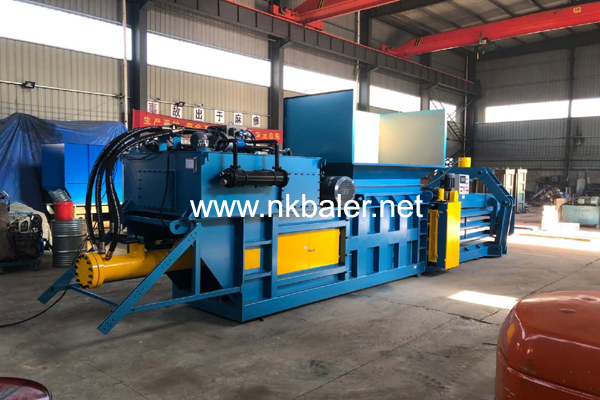
Paper mills:Paper mills use this baler to effectively handle waste paper generated during production,reducing waste disposal costs.Packaging industry:In the packaging industry,which requires a large amount of paper material,this baler provides an effective waste paper volume reduction solution.Professional and reliable automatic waste paper balers,with high-efficiency compression,automated operation,safety and durability,support environmental protection.
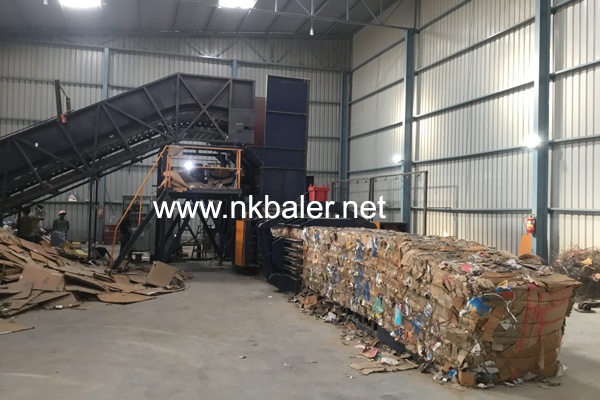
With continuous technological progress and increased environmental awareness,waste paper balers will continue to play an important role in promoting resource recycling and environmental protection.Exploring the mysteries of waste paper balers,we discovered their promotion of environmental protection through efficient compression and intelligent control,and continuous progress with technological innovation.
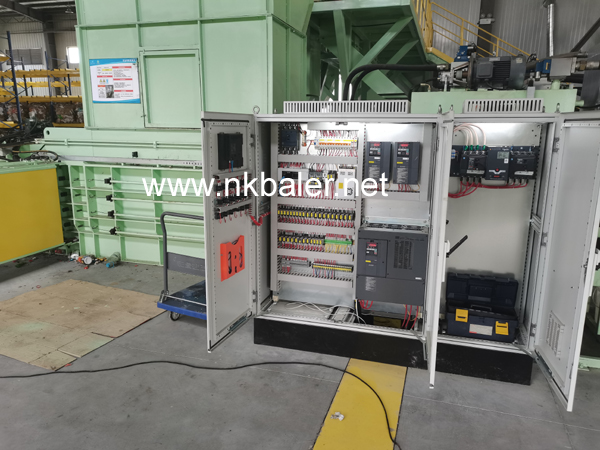
Global Market Expansion:Considering the global demand for waste paper recycling,fully automatic waste paper balers will continue to expand into international markets,adapting to different countries and regions' standards and requirements.Balancing Cost-Effectiveness:Researching and developing more cost-effective production plans while ensuring performance and quality,to adapt to the competitive market environment.The future direction of fully automatic waste paper balers will be towards more advanced technology,greater environmental friendliness,better user experience,and stronger market adaptability.
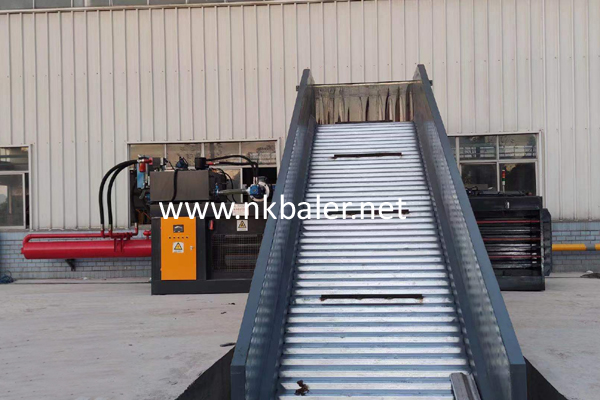
High-quality hydraulic components,effective sealing,and a good hydraulic oil filtration system can prevent leaks and pressure loss,ensuring stable operation over extended periods.Intelligent Control System:An intelligent control system can monitor equipment status in real-time,predict potential faults,and perform maintenance in advance,thereby avoiding unexpected downtime.This preventive maintenance strategy enhances the stability of the equipment.The efficiency and stability of waste paper balers are the guarantees for their fast,continuous operation and reliable long-term performance.
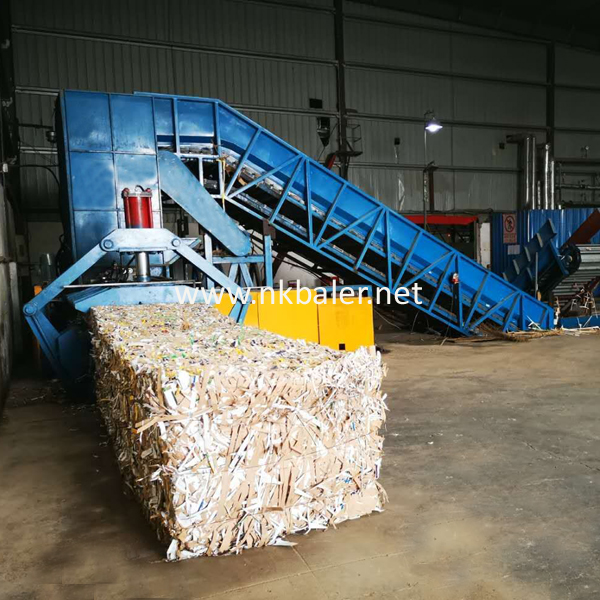
Technology Upgrades:With continuous technological advancements,timely upgrades to the equipment should be made to enhance its performance and functionality,maintaining its competitiveness.In summary,the fully automatic waste paper baler,with its efficiency,stability,and user-friendliness,has become an indispensable piece of equipment in waste paper recovery and processing.Through continuous technological innovation and optimization,fully automatic waste paper balers will continue to play a significant role in resource recycling and environmental protection.
Email:info@nkbaler.com Nickbaler888@gmail.com
WhatsApp: 008615021631102

